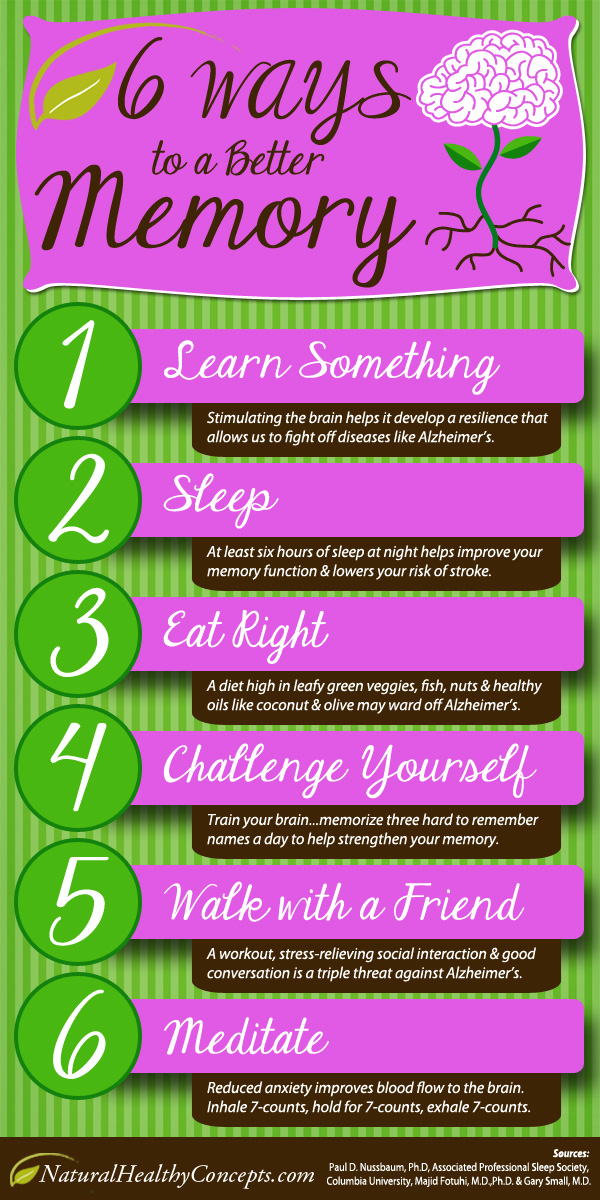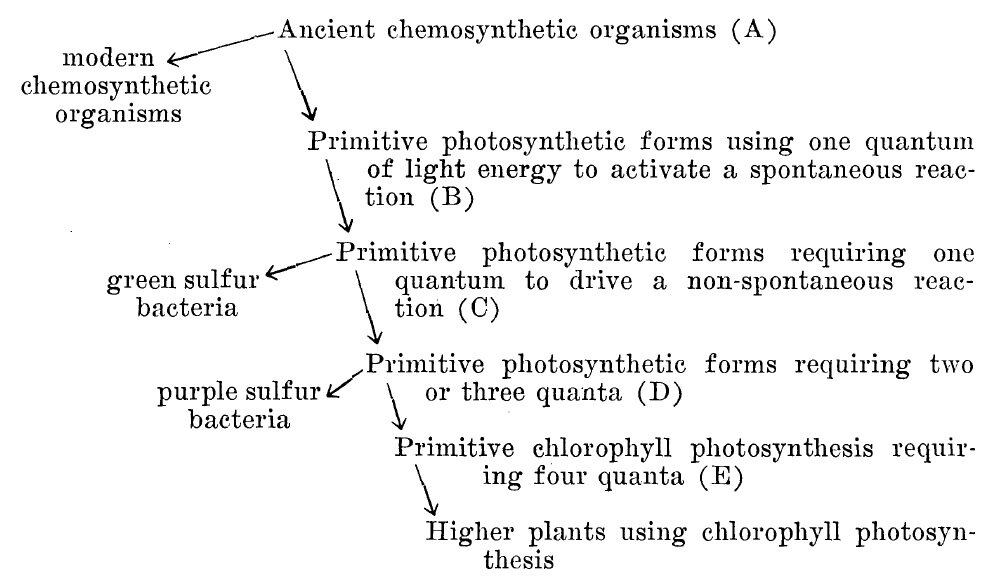Are you eager to enhance your cognitive prowess and unlock the potential of your memory? Dive into these memory improvement tips that are not only practical but grounded in brain science. Understanding how to improve memory relies on applying effective memory techniques and recall strategies that can transform how we remember information. From personalized memory quizzes to strategies backed by scientific research, these methods are designed to help you recall names at social gatherings or excel during exams. Discovering innovative approaches to boost your memory can lead to lasting benefits in both personal and professional spheres.
Exploring ways to boost cognitive function opens up a world of tools and techniques that can significantly impact your ability to retain information. Memory enhancement strategies, such as exercises and quizzes, enable individuals to harness their intellectual capabilities and improve retention of facts and prompts. By incorporating brain training exercises and understanding the science behind memory, you can create a framework that enhances recall and understanding. Harvesting insights from academic research allows you to implement effective ways to improve remembering techniques. By focusing on cognitive development, anyone can take steps toward a sharper memory and improved mental agility.
Understanding Memory: The Science Behind Recall
Memory is a complex process that involves encoding, storing, and retrieving information. According to brain science, the brain processes memories in different ways depending on the nature of the information and how it is presented. For instance, visual information tends to be easier to recall than auditory information, as our brains are wired to remember images more effectively. This understanding is critical when employing memory techniques to enhance our recall abilities. If we examine the cognitive load theory, it becomes evident how practicing recall through methods such as memory quizzes can help reinforce learning and ensure information retention.
Building memory involves several strategies, including the use of mnemonic devices and spaced repetition. These tactics leverage our brain’s natural tendencies to group information and strengthen neural connections over time. Brain scientists suggest that practicing skills like learning new languages and musical instruments can significantly improve overall cognitive functions, thereby enhancing memory capabilities. Moreover, incorporating physical exercise into your routine is not only beneficial for physical health but also stimulates the release of growth factors in the brain, which can further improve memory.
Memory Improvement Tips: Practical Strategies for Everyday Life
Improving memory isn’t just about innate ability; it involves adopting specific strategies that nurture our cognitive functions. One of the most effective memory improvement tips is to engage in regular mental exercises that challenge your memory and cognitive skills. These can include memory quizzes, puzzles, or learning new skills that require concentration and recall. Research demonstrates that the more you incorporate these activities into your day-to-day life, the more your brain adapts and becomes resilient, leading to enhanced memory capabilities.
Another vital aspect of memory improvement is establishing good habits related to sleep and stress management. Sleep plays a crucial role in memory consolidation, allowing your brain to reorganize and store information effectively. When we sacrifice sleep, we can impair memory functions and cognitive abilities. Additionally, managing stress through mindfulness techniques or physical activity helps reduce the impact of the fight-or-flight response, allowing your brain to focus on recall rather than becoming overwhelmed in pressure situations.
Effective Recall Strategies: Techniques to Enhance Memory
Utilizing effective recall strategies can significantly improve the way we remember information. One popular technique is the method of loci, also known as the memory palace. This ancient strategy involves associating new information with specific locations in a familiar place, making it easier to retrieve later. By visualizing walking through your memory palace, you can enhance recall by tapping into your spatial memory, which is often more robust than verbal memory alone. This technique illustrates the importance of multimodal strategies incorporating various types of memory techniques.
Another effective recall strategy includes the use of chunking, which involves breaking information into smaller, manageable units. This approach is particularly helpful for memorizing numbers, names, or even lists. As George Miller discovered in his research, our working memory has a limited capacity; thus, organizing information into chunks can help maximize retention. Combining these techniques with consistent practice, such as quizzes or peer discussions, can create a dynamic environment for memory improvement and deepen your understanding of the material.
Harnessing Brain Science: How Learning Affects Memory
The interdisciplinary field of brain science has revealed insights into how our brains learn and remember information. Understanding the mechanisms of neuroplasticity has led to innovative techniques that help improve memory. Neuroplasticity refers to the brain’s ability to reorganize itself by forming new neural connections throughout life, emphasizing the idea that memory is not fixed but rather a dynamic and adaptable skill. This scientific understanding challenges previous notions that cognitive decline is inevitable and encourages continuous learning and mental engagement to preserve and enhance memory.
Furthermore, incorporating different modalities of learning can boost memory retention. Engaging multiple senses while learning—such as hearing, seeing, and physically interacting with information—can create a richer memory trace. For example, combining auditory information with visual aids not only appeals to various learning styles but also strengthens recall pathways in the brain. Hence, brain science backs the idea that diversifying learning experiences can significantly bolster memory capabilities.
The Impact of Multitasking on Memory Performance
In today’s fast-paced world, multitasking has become commonplace. However, research indicates that multitasking can severely degrade memory performance. When attempting to juggle multiple tasks, especially those requiring verbal and visual processing, cognitive load increases, making it more challenging to retain information. Studies have shown that when we split our attention, the quality of our cognitive output diminishes, leading to impaired memory recall. This understanding is crucial for individuals who wish to optimize their learning and memory processes by focusing on one task at a time.
To mitigate the negative effects of multitasking, it is advisable to adopt a focused approach to learning and memory retention. By dedicating time to singular tasks and minimizing distractions, you can improve concentration, which in turn enhances memory performance. Techniques such as the Pomodoro Technique, which involves working in focused bursts followed by short breaks, can aid in maintaining attention and improving information retention, ultimately leading to better memory outcomes.
Memory Quizzes: Engaging Tools for Enhancing Recall
Memory quizzes can serve as engaging and effective tools for enhancing recall and understanding. These quizzes allow individuals to test their knowledge while reinforcing their memory through active retrieval. By putting their memory to the test, participants can identify areas of weakness and work specifically on improving those aspects. Regular participation in memory challenges can lead to greater retention of information and a deeper comprehension of the subject matter.
Moreover, the social aspect of quizzes can further motivate individuals to engage in memory improvement. Group quizzes or competitions foster an environment of collaboration and camaraderie, which can make the learning process enjoyable. Through friendly competition, individuals may feel more driven to enhance their memory techniques, resulting in improved recall and a better grasp of the material being studied. In turn, incorporating memory quizzes into learning routines can reinforce effective strategies for memory retention.
The Role of Physical Health in Memory Improvement
Physical health plays a pivotal role in memory improvement, as it directly affects cognitive functions and memory capabilities. Engaging in regular exercise is a proven method for boosting cognitive health and enhancing memory. Activities such as aerobic exercises stimulate blood flow to the brain, increasing the volume of essential growth factors that support neuron health and promote neurogenesis—the growth of new brain cells. From this perspective, integrating physical fitness into one’s routine is not just beneficial for the body, but also essential for maintaining optimal memory performance.
Additionally, recognizing the importance of nutrition in supporting cognitive functions can’t be overlooked. A balanced diet rich in omega-3 fatty acids, antioxidants, and vitamins contributes positively to brain health and memory stimulation. Foods such as fish, nuts, berries, and leafy greens equip the brain with the necessary nutrients to function effectively, further enhancing memory retention. Prioritizing physical health through exercise and nutrition creates a holistic approach to memory improvement, optimizing both cognitive and physical well-being.
Stress Management and Memory Retention
The relationship between stress and memory retention is complex yet crucial for understanding how to maintain optimal cognitive performance. During moments of high stress, our bodies may enter a fight-or-flight state, which can initially enhance our ability to recall critical information; however, chronic stress can lead to detrimental effects on memory. Prolonged exposure to stress hormones can disrupt the functioning of the hippocampus, a vital region for memory formation and retrieval. Therefore, effective stress management techniques become essential for improving memory.
Incorporating mindfulness practices, such as meditation and deep-breathing exercises, can counteract stress effects and enhance memory retention. Mindfulness allows individuals to remain present and focused, which is crucial when trying to recall information or learn new skills. Setting aside time for relaxation, whether through meditation or engaging in hobbies, can not only reduce anxiety but also facilitate better memory performance by promoting a calm mental state conducive to learning.
The Importance of Consistent Practice in Memory Mastery
Consistent practice is fundamental in the journey toward memory mastery. Just like any other skill, regular application of memory techniques reinforces the neural pathways involved in recall. Engaging in activities that challenge the mind, such as memory games or quizzes, promotes active learning and helps solidify memories over time. This principle of practice is grounded in the concept of spaced repetition, where reviewing information at intervals significantly enhances retention. Consistency leads to familiarity and mastery, essential components for improving memory.
Furthermore, practicing memory techniques in various contexts can enhance overall recall performance. Applying mnemonic devices, visualization, and the method of loci across diverse scenarios—from social interactions to academic settings—enriches the memory landscape. This varied practice allows for better integration of information, making it easier to retrieve across different situations. Therefore, committing to regular practice not only hones memory skills but also builds confidence in one’s recall abilities.
Frequently Asked Questions
What are some effective memory improvement tips for studying?
To improve your memory while studying, consider using spaced repetition and active recall techniques. Make sure to engage with the material using quizzes or flashcards, and test yourself frequently to reinforce your memory retention. Additionally, ensure regular breaks and sufficient sleep to consolidate memory.
How can brain science help me improve my memory techniques?
Understanding brain science can enhance your memory techniques significantly. Techniques like the memory palace or method of loci leverage the brain’s spatial memory to organize and recall information more effectively, making it easier to remember complex concepts or lists.
What recall strategies can I use to remember names better?
To improve your recall of names, try associating the person’s name with a physical feature or a known image, repeat it aloud upon introduction, and use the name in conversation shortly after hearing it. This reinforces the neural connections related to that person’s identity.
Are memory quizzes really helpful for improving memory?
Yes, memory quizzes serve as excellent tools for improving memory. They provide active recall practice, promote engagement with the material, and help identify areas where you need further review, thus enhancing your overall memory retention.
What lifestyle changes can support memory improvement?
Incorporating regular exercise, a balanced diet rich in omega-3 fatty acids, and adequate sleep are crucial lifestyle changes that support memory improvement. Activities that stimulate the brain, like puzzles or memory games, can also further enhance your cognitive abilities.
| Tip Number | Memory Improvement Tips | Details |
|---|---|---|
| 1 | Practice Regularly | Master skills by practicing one hour daily instead of once a week. |
| 2 | Exercise Your Brain | Six weeks of exercise can enhance memory and increase hippocampus volume. |
| 3 | Be Cautious with Memory Retrieval | Retrieving memories can lead to alterations each time you remember something. |
| 4 | Minimize Multitasking | Focus on one task at a time to enhance memory performance. |
| 5 | Use Memory Techniques | The method of loci (memory palace) can significantly improve recall. |
| 6 | Adequate Sleep | Sleep is essential for memory retention and clearing mental clutter. |
| 7 | Manage Stress | Stress can hinder recalling important information. Stay calm. |
Summary
Memory improvement tips are crucial for enhancing recall in daily life. To boost your memory, practice skills consistently, engage in regular physical exercise, and avoid multitasking where possible. Incorporate effective memory strategies such as the method of loci and ensure you get adequate sleep. Finally, managing stress will help maintain your memory function when it matters most.



